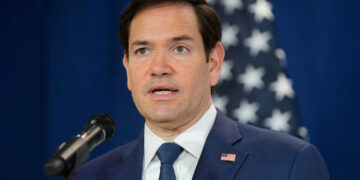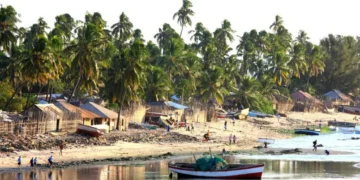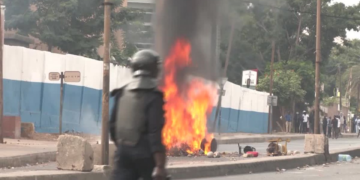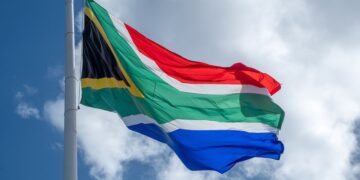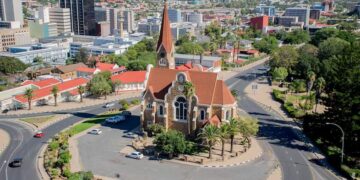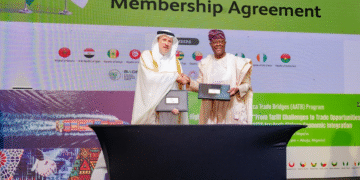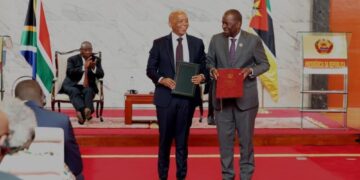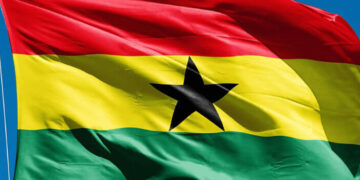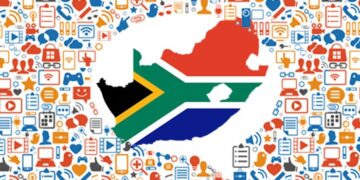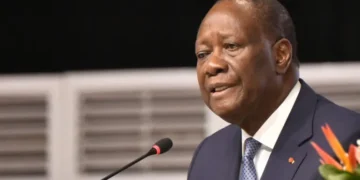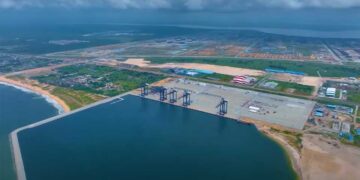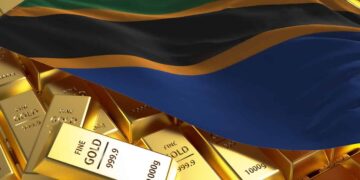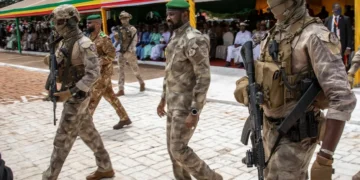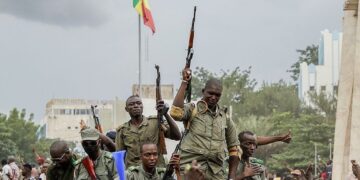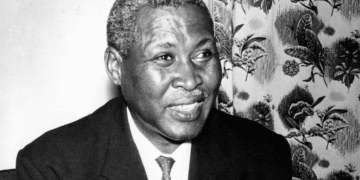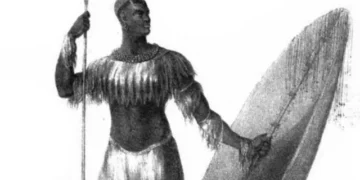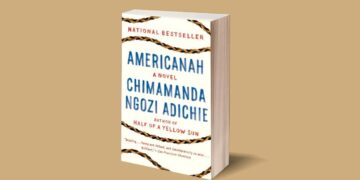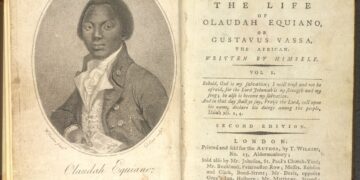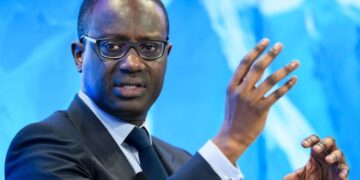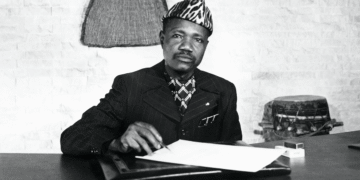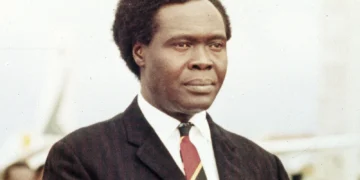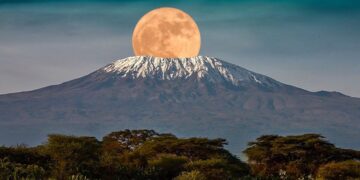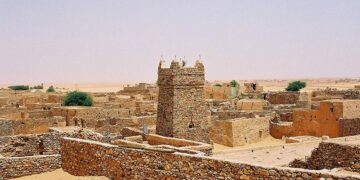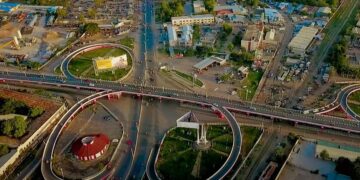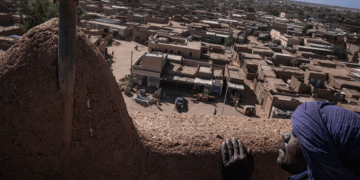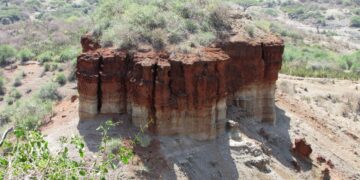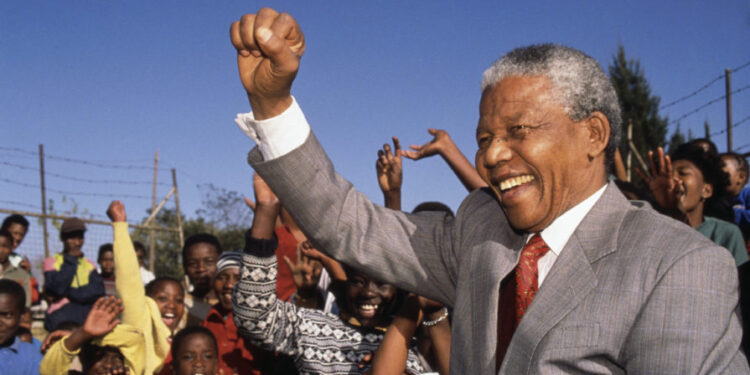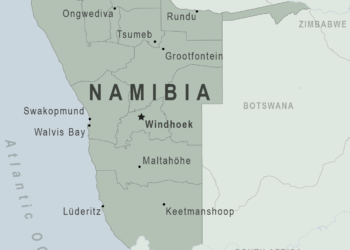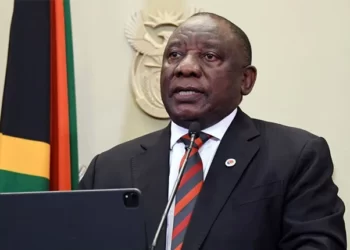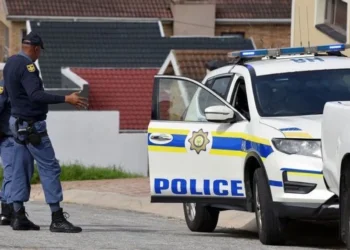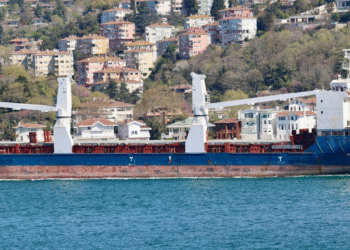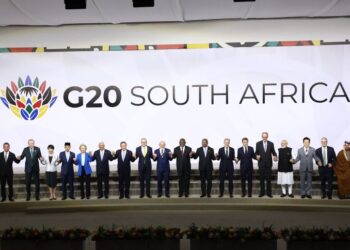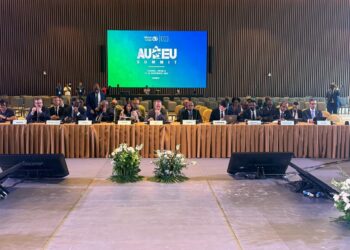By Roger Southall*
The multiple concerns about the dismal state of South Africa – including a stagnant and failing economy, a seemingly incapable state, and massive corruption – have led to the questioning of the political and economic settlement made in 1994 to end apartheid. The settlement is strongly associated with Nelson Mandela, who oversaw its progress to a successful conclusion. He subsequently underpinned it by promoting reconciliation with white people, especially Afrikaners, the former rulers.
The questioning of the 1994 settlement, and therefore Mandela’s legacy, has different dimensions, running through diverse narratives. One, associated with a faction of the governing African National Congress (ANC) that claims to stand for “radical economic transformation”, is that the settlement was a “sell-out” to “white monopoly capital”. Another is the inclination to lay the blame for state failure on the constitution, thereby deflecting responsibility for massive governance failures away from the ANC.
Yet another stems from the frustrations of recent black graduates and the mass of black unemployed for whom there are no jobs. There are also huge numbers of people without either adequate shelter or enough to eat. South Africans want someone to blame. While their search regularly targets a wide range of usual suspects, it also leads to a questioning of what Mandela really left behind.
It does not help that Mandela continues to be lionised by many, if not most, white people, who despite much grumbling about the many inconveniences of life in South Africa have largely continued to prosper.
This means that those of us who are social scientists and long-term observers of South Africa’s politics and history need to think carefully about how we think critically about Mandela’s legacy.
Questioning Mandela’s legacy
From a historian’s view the questioning of Mandela’s legacy is normal. Historians are always asking new questions and reassessing the past to gain new insights about the role important political leaders play.
This has posed particular problems for Mandela’s biographers. Biography has always had a problematic relationship with history as a discipline. This partly stems from history’s reluctance to endorse “Great Men” versions of the past. Partly from the more generic problem of assessing individuals’ role in shaping wider developments. Thus it has been with Mandela. Nonetheless, the six or seven significant biographies of Mandela may be said to revolve around the following arguments.
First, Mandela played a critical role in preventing a descent into total civil war. It was brutal enough as it was. Narratives at the time often suggested that the period 1990-94 was a “miracle”, a difficult but “peaceful transition to democracy”. But this was misleading. Thousands died in political violence during this time.
Mandela’s biographers argue that his initiating negotiations with the regime from jail, independently of the ANC, was crucial. Without his actions, the apartheid state would not have come to the party. This, even though by the time FW de Klerk, its last president, came to power, it was seeking a route to a settlement.
Second, Mandela played his cards carefully in steadily asserting his authority over the ANC. Although the ANC in exile had carefully choreographed the imprisoned Mandela as an icon around which international opposition to apartheid could be mobilised, there remained much questioning within the organisation following his release about his motivations and wisdom. Also whether he should replace the ailing Oliver Tambo as its leader. That he proceeded to convince his doubters by constantly proclaiming his loyalty to the ANC, its militant “line” and his subjection to its discipline while simultaneously edging it towards negotiations is said to have been key to his establishing his claim to leadership. This was necessary to convince his doubters within the ANC that it could not defeat the regime on the field of battle. Hence there was a need for compromise with the regime.
Third, Mandela is credited with successfully steering the negotiations which led to South Africa’s democracy. That he played a limited part in negotiating much of the nitty-gritty of the new constitution is acknowledged. Yet, this is combined with recognition of his acute judgment of when to place pressure on the regime to secure concessions and when to adopt a more conciliatory line. Generally, it is agreed that the ANC outsmarted the apartheid government during the negotiations. Praise is correctly showered on Mandela for his role in bringing both the far right, under Constand Viljoen, and Mangosuthu Buthelezi’s quarrelsome Inkatha Freedom Movement into the 1994 election at the very last moment, without which it would have lacked legitimacy.
Fourth, while today it is recognised that a narrative of the time – that South Africans had negotiated the finest constitution in the world – was overcooked, the negotiations resulted in the country becoming a constitutional democracy.
We now know, of course, that the ANC has subverted much of the intention of the constitution and undermined many of its safeguards. Its cadre deployment policy of appointing loyalists to key state institutions has severely diminished the independence of the state machinery. Furthermore, the ANC has merged party with state. Above all, it has severely weakened the capacity of parliament to hold the president and ministers accountable.
The State Capture Commission has laid bare the mechanics of all this in great detail. It has placed huge responsibility for this upon the ANC. Nonetheless, it is widely recognised by civil society that the constitution and the law still provide the fundamental basis for exacting political accountability. This is confirmed by the many judgments the Constitutional Court has rendered against the government.
Fifth, while his critics often argue that Mandela leant over too far to appease whites, the counter-argument is that this grounded democracy. At the beginning of his autobiography, Mandela presents the struggle in South Africa as a clash between Afrikaner and African nationalisms. His role during negotiations can be viewed through the prism of his conviction of the need to reconcile these, as one could not defeat the other. Without reconciliation, however imperfect, there could be no making of a new nation. After all, what was the alternative?
Capturing Mandela’s legacy
There is never going to be a final assessment of Mandela’s legacy. How it is regarded will continue to change, depending on the destination South Africa travels to. If it really does become a “failed state”, as the doomsters predict, there will be much need for reexamination of whether this failure has its roots in the constitutional settlement which Mandela did so much to bring about. For the moment, however, Mandela continues to inspire South Africans who place their hopes in constitutional democracy. What other hopes do they have?
ــــــــــــــ
*Professor of Sociology, University of the Witwatersrand


